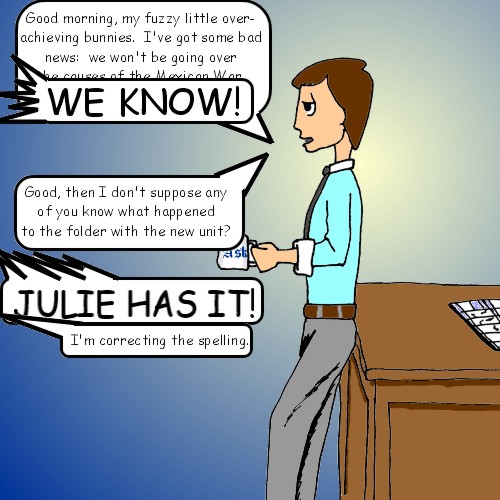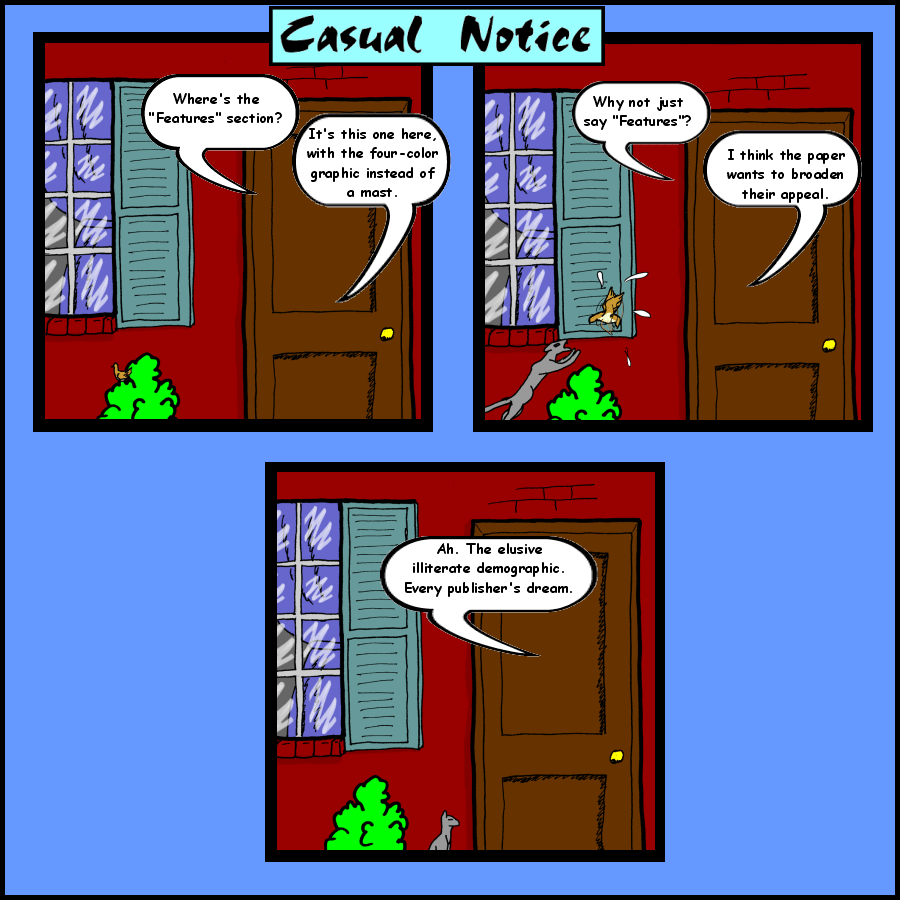So while the Hunt for Edward Snowden continues and our attention is drawn toward the hand-wringing that some clerk in the Pentagon Basement (probably an Air Force Staff Sergeant, because they’re as common as field mice and not really needed for combat operations) has the ability to monitor how many times we alt-tabbed between a YouTube Bubblegum Pop playlist and dirtyninjasintrouble.com, we’re forgetting something. And that something is kind of important, because it goes to the root of the invasion of privacy and the decimation of civil rights in a more direct way than any traffic light camera.
Remember in April, when we’d never heard of any of this Project Prism noise? The first time the news reported that maybe the administration might be poking into things it shouldn’t be? If you’ve forgotten (and believe me, it’s easy to forget, when compared to the possibility that the NSA has access to phone logs showing you’ve spent more time talking to the Bengali girl with the fluid voice than is proper for a normal customer service call), I’ll remind you. In April, a Fox reporter claimed that the FBI had used a questionable warrant to subpoena all of his telecommunications activity. At about the same time, the Associated Press reported that the feds had done the same thing to almost all of their senior staff.
Why is this so bad? Well it goes to the Freedom of the Press clause of the First Amendment to the Constitution. There are two reasons (besides actual criminal investigation–which has been shown to not be the case) why a federal agency might want to tap the phone lines and access the logs of a news reporter or agency. The first, and this probably applies to the Fox reporter, is probably a simple effort to discredit the reporter. Given that Fox News seems to be widely viewed as little more than a tabloid on video, that might, on the face of it, make a lot of sense.
Except that our whole view of Freedom of the Press is based on a single lawsuit between a politician and a publisher who made Fox News look like the Wall Street Journal. In 1733, John Peter Zenger published his New York Weekly Journal with the express purpose of trashing William Cosby, the appointed royal governor of New York. He did a masterful job of it (Cosby made this easy by being a complete douchebag), so masterful, in fact, that Cosby brought him up on charges of seditious libel. Arguing directly to the jury at trial (the judge had proven himself to be a Cosby sock-puppet), defending attorney Alexander Hamilton showed that almost all of what Zenger had printed was demonstrably true in its factual bases (if somewhat extravagant in its interpretation). The jury found Zenger not guilty, and established the American principal of Freedom of the Press.
Essentially, we have Freedom of the Press because, in the United States, we believe the Press has the right and the duty to inform the populace of the activities, good or bad of the government. For this reason, Rachel Madow can say that a new bill is designed to save our children while Sean Hannity can say the same bill is designed to pick our pockets and hand it over to drug-addicted welfare cheats, and they are both legally entitled to do so, as long as, at some point, they report the actual reading of the bill. So, while one may not agree with the interpretation of the facts, it is questionable for the government to use its power to undermine the validity of those facts.
What is even more dangerous, and clearly shown in the AP taps, is that the feds aren’t just trying to undermine credibility, but are, in fact, attempting to undermine the Press’s ability to gather facts at all. There is only one reason to tap the communications of an entire organization, and that is to get around the Constitutional and legal protections afforded to reporters and their access to sources. Reporters go to jail on principle all the time, protecting the confidentiality of their sources, and most of the time, this principle is held up on appeal. Through the AP and Fox taps, the FBI can avoid that mess by finding and going after those confidential sources directly. These are usually whistle-blowers who, acting out of love of their country and their liberties, report wrong-doing by the government so it can be stopped. They trust the reporters to maintain their anonymity until such time as the point is moot, and the reporters trust in the inviolability of the First Amendment to keep federal agencies from punishing these brave men and women for doing the right thing.
The communications taps disclosed in April undermine that faith and trust to astounding levels. It creates the sort of environment you expect to see only in an episode of The X-Files, where good people are harassed and harangued, having their lives destroyed or even ended, because some tinpot martinet didn’t want it disclosed that the State Department spent over $300,000 to boost its Facebook friend count.
That’s the danger. We depend on our news sources to accurately report on what our government is doing behind closed doors. They depend on confidential informants to open windows into those smoke-filled rooms. We can’t allow the government to act in darkness, because, as I’ve said before, government is a treacherous servant. The lights must always be on and the windows open, or we allow liberty’s torch to be extinguished.


